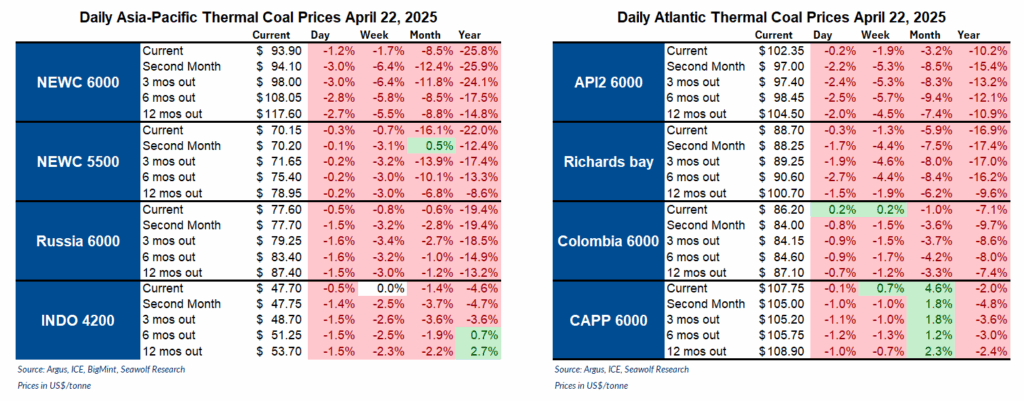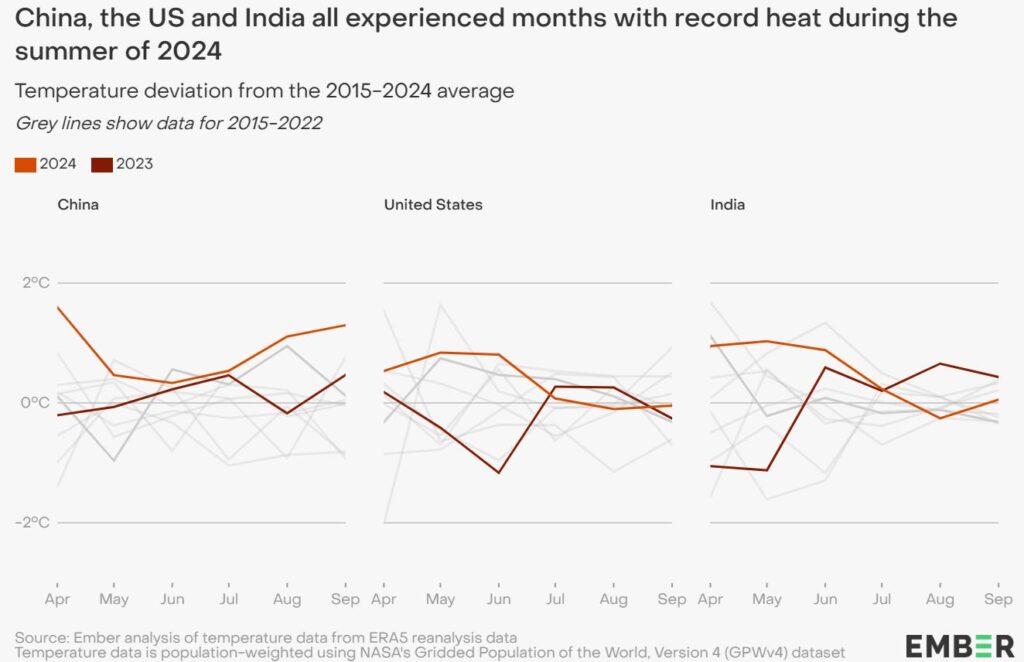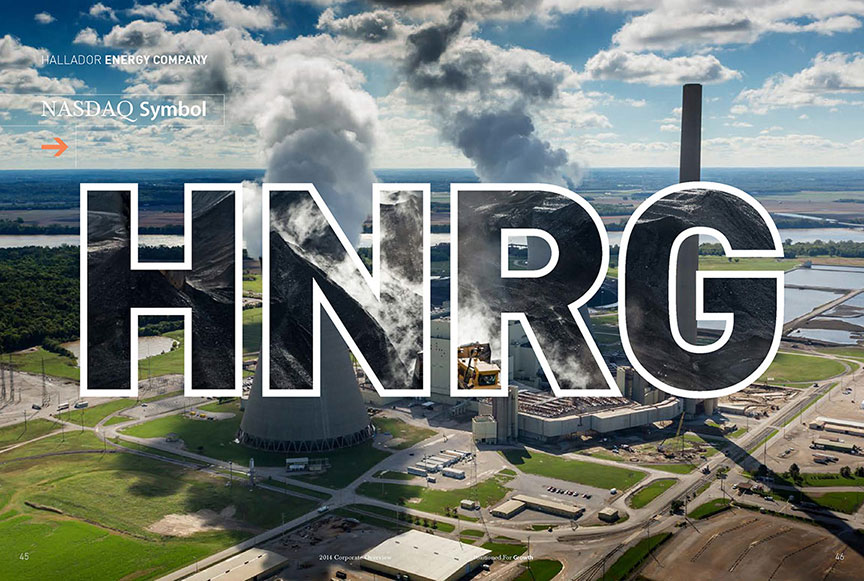The U.S. Supreme Court’s decision to overturn the Chevron doctrine on June 28 has introduced significant legal and regulatory uncertainty for regulated utilities, according to Moody’s Ratings. The Chevron doctrine, established in 1984, had allowed courts to defer to federal agencies’ interpretations of ambiguous laws. Its removal may complicate regulatory processes and create challenges for the power sector.
Moody’s notes that the lack of clarity on future Environmental Protection Agency (EPA) mandates increases the difficulty for power companies in determining cost-effective and appropriate generation strategies. The potential for prolonged court proceedings, ongoing Congressional ambiguity, and the uncertainty surrounding post-2024 election priorities are expected to complicate planning for generation needs.
Despite these challenges, Moody’s suggests that the Chevron decision is unlikely to significantly alter investment plans for regulated utilities. Most environmental and carbon reduction efforts are driven by state mandates, which are expected to continue guiding utilities’ capital spending. Moody’s anticipates that utilities will maintain high levels of investment, particularly in efforts to reduce carbon emissions, progress toward net-zero targets, and enhance system resilience.
The ruling could lead to increased litigation as regulations face potential court challenges, resulting in lengthy and complex legal proceedings. Moody’s warns that this heightened litigation could slow down the regulatory process and overwhelm lower courts, leading to delays and inconsistencies in statute interpretation.
Furthermore, the decision may reduce federal agencies’ ability to respond to emerging issues, particularly in the context of climate change. Moody’s highlights the risk that a divided Congress may fail to provide timely clarity on regulations, leaving courts and states to fill the regulatory void. This scenario could result in states reestablishing their own regulations, further complicating the regulatory landscape.
Moody’s also raises concerns about the long-term implications for U.S. climate goals. Without new legislation, the weakened power of federal agencies may hinder the country’s ability to meet its climate commitments, potentially increasing climate-related physical risks over time.









